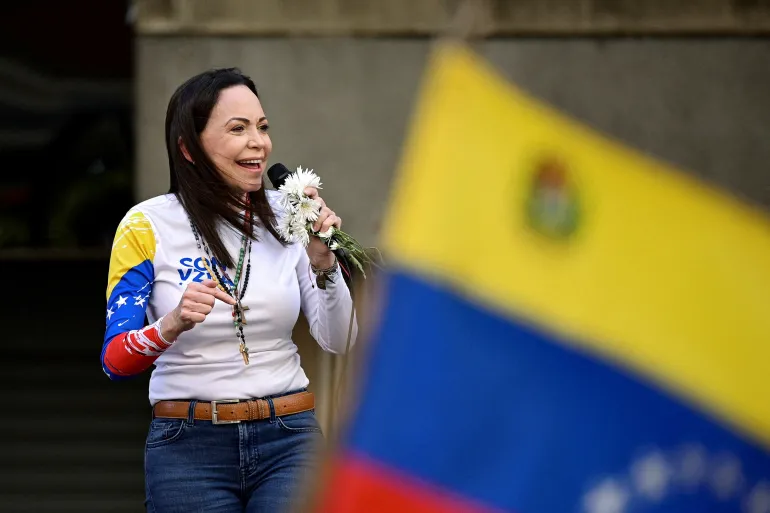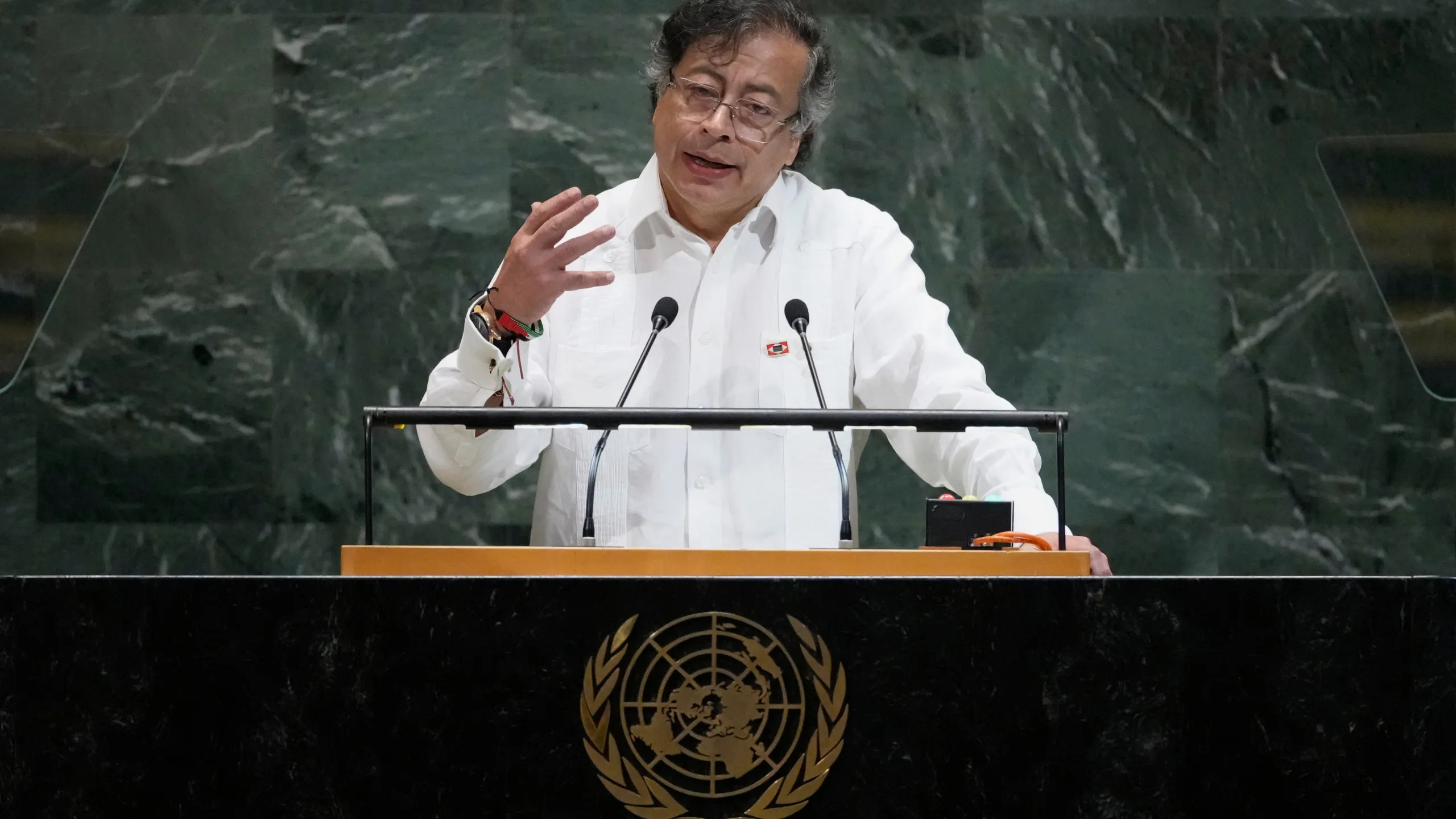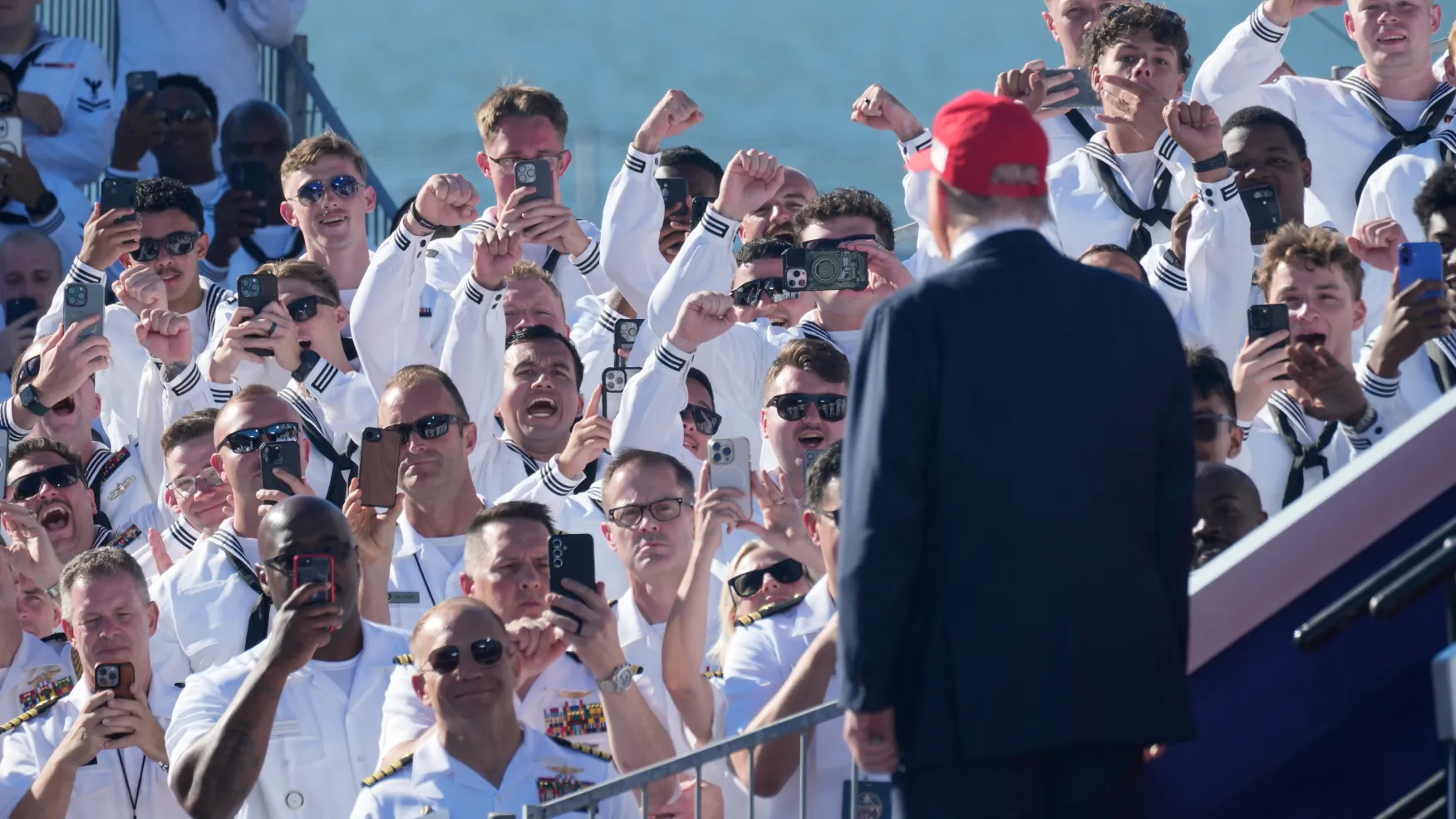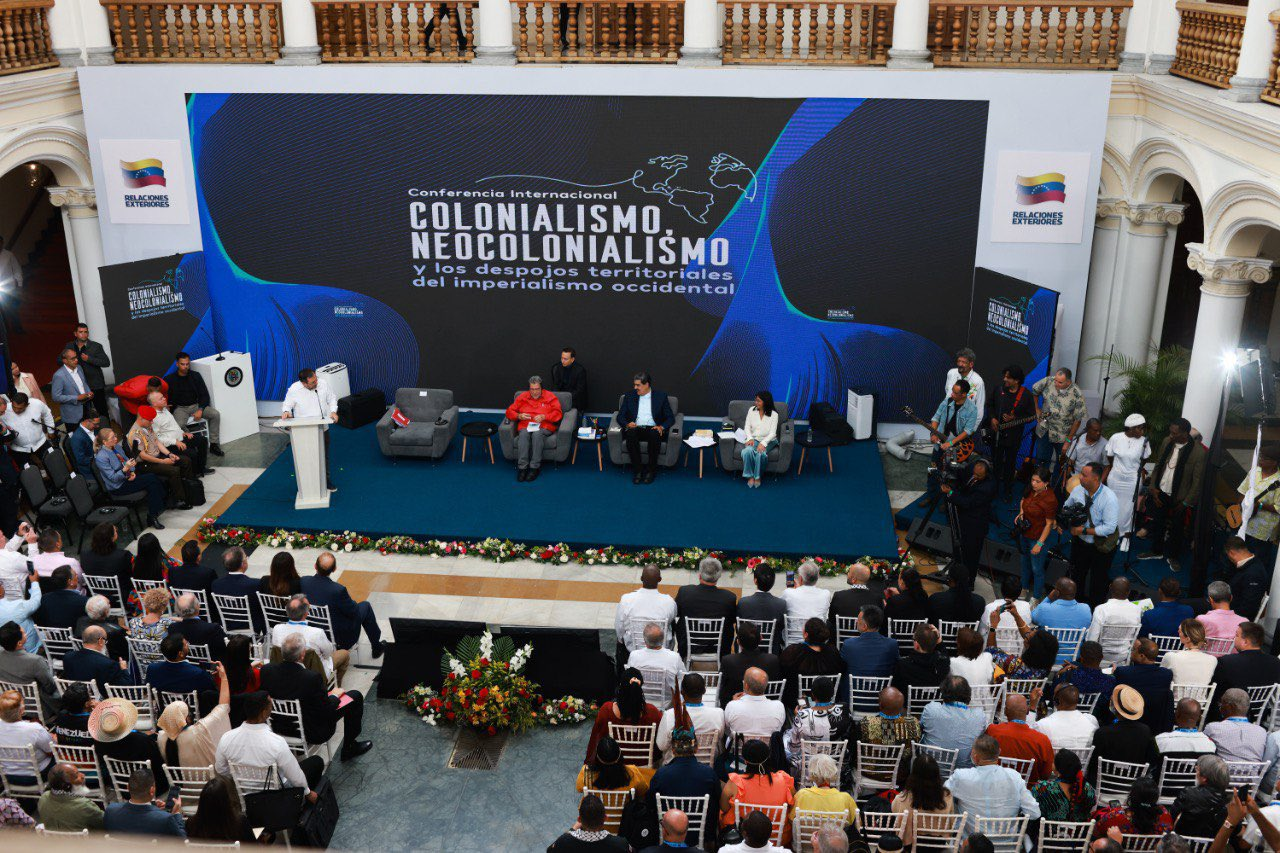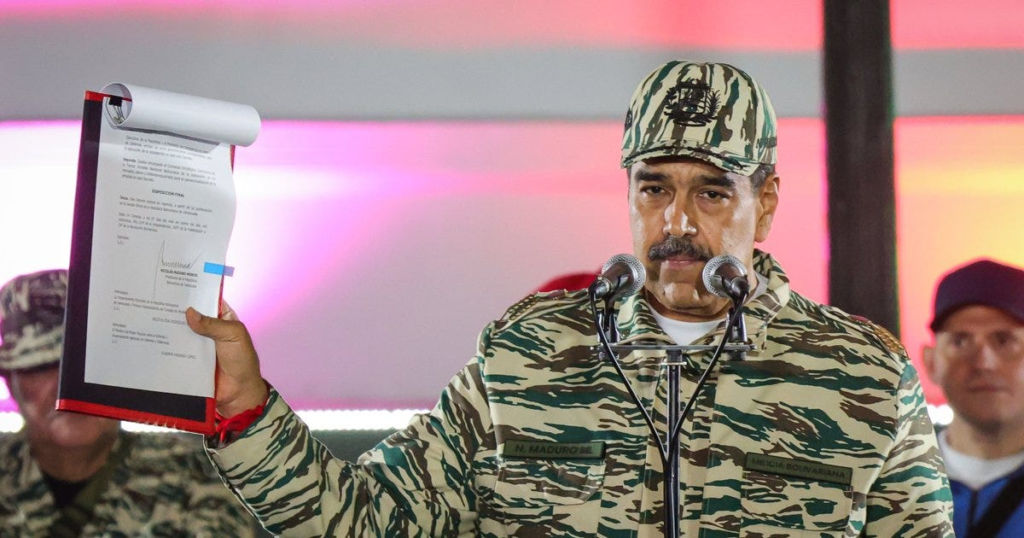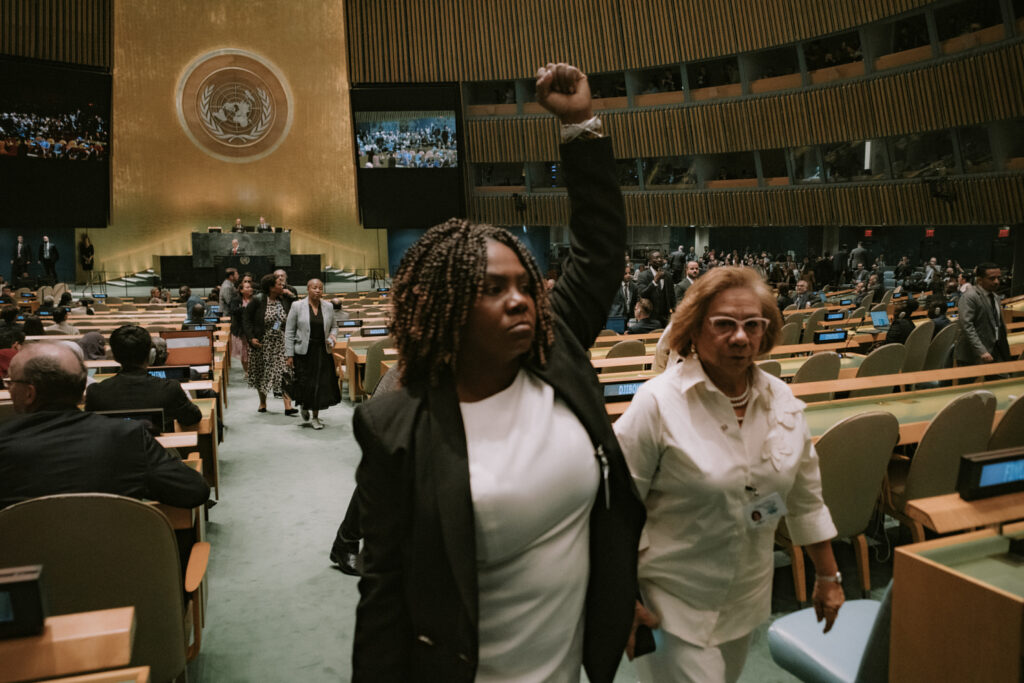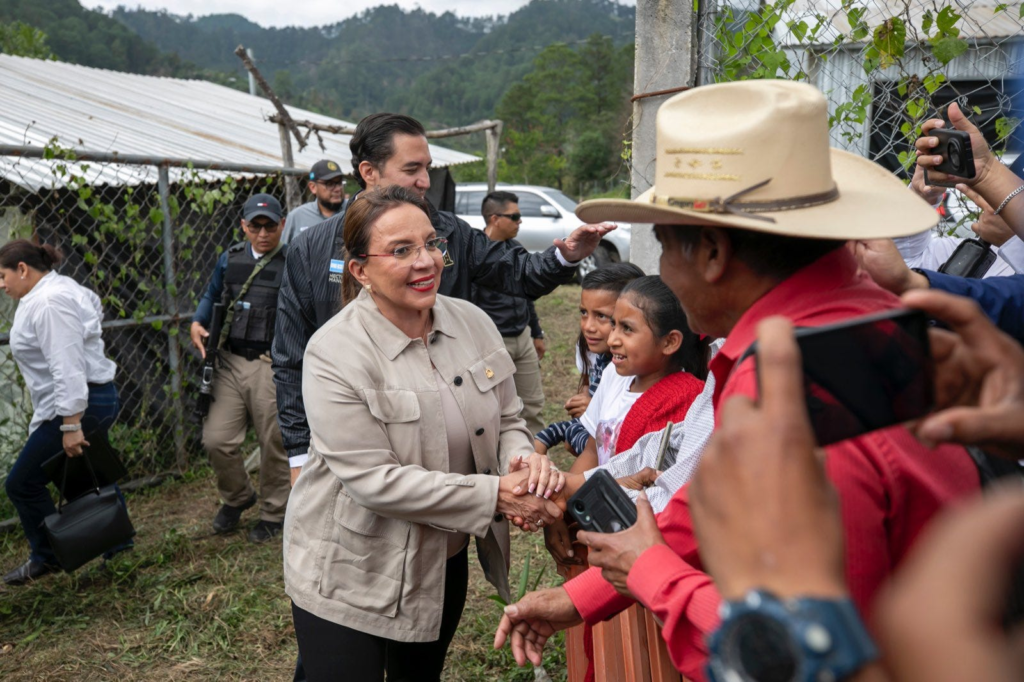The Mexican President, Claudia Sheinbaum, who is the first woman elected as Commander-in-Chief of the Mexican Armed Forces in the nation’s 200 years, stepped aside from the more mundane attendances of her duties to remark on recent comments made by Mexican footballing icon and legend, Javier “Chicharito” Hernández, saying, “Chicharito is a very good soccer player, but when it comes to his opinion on women … he still has a lot to learn.”
Following a series of controversial posts on TikTok and Instagram, “Chicharito” has been mobbed on social media and national Mexican media outlets, accused of misogyny for public statements in which the footballer appears to be questioning modern gender roles played by men and women.
Major sports sponsors like German giant Puma, which has sponsored the Mexican since 2022, are ostensibly trying to distance themselves from the athlete, issuing a public statement shortly after the backlash to “reaffirm their commitment to the values of respect, inclusion, and responsibility on and off the field.”
Over the weekend, “Chicharito” posted one video on Instagram in which he encouraged:
“Don’t be afraid to be women, to allow yourselves to be led by a man. Women, you are failing, you are eradicating masculinity, making society hypersensitive… You women need to learn to accept and honor masculinity.”
In another video, he said to the camera: “You want a man to provide, but for you, cleaning is patriarchal oppression… interesting.”
“Chicharito”, a divorced father of two, began his professional fútbol career in Guadalajara, Mexico when he was 18-years-old. In 2010, he moved over to England’s Premier League, signing with European giants Manchester United, where he prospered alongside other fútbol legends under the management of Sir Alex Ferguson. Then, in 2014, “Chicharito” made the massive move to Spanish club Real Madrid, until spending time in Germany a few years later, only to return to England, where he played for another two years with London club West Ham United.
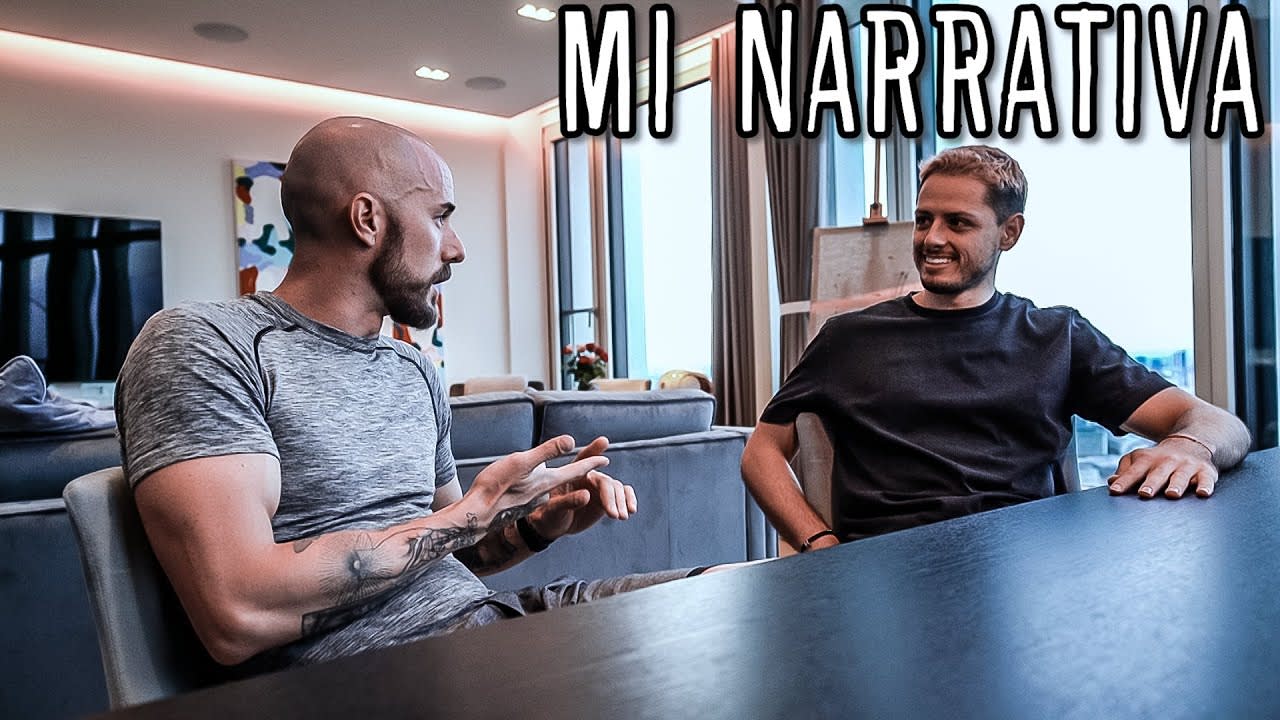
“Chicharito”, 37, is currently a striker for Guadalajara, returning to his roots and boyhood club. However, the Mexican has yet to meet expectations after his major signing with the Mexican club, and has missed the first two matches of a major tournament with Chivas, perhaps contributing to his increased presence on social media.
In 2017, during his years in London with West Ham United football club, “Chicharito” became acquainted with Mexican TV personality and Life Coach, Diego Dreyfus. Dreyfus and “Chicharito” have since become close friends, playing very meaningful parts in each other’s lives (as one would assume after hiring a Life Coach).
Close associates of “Chicharito’s” have since noticed a difference in the Fútbol star’s attitude, especially in his public persona, considering his increased presence throughout social media platforms as a newly introduced macho-traditionalist, harkening back to the more conservative norms that are still today even so entrenched in a very paternalistic Mexican society, tapping into an often cloaked, but deep-seated underbelly of Mexican culture.
“Chicharito” has become more vocal, asserting himself in the world of media development as an influencer of sorts, blending aspects of his personal life, and showcasing his professional, as a role model in Mexican Fútbol.
He also seems to be touching on a trend that, although controversial, has been at the center of tremendous attention in recent years as these more conservative elements of Western culture are lauded, and in many cases, deified by the unnoticed masses of devoiced male populations, as the defenders of “traditional conservative values”, pushing back against the relentless cultural advance of liberal feminist ideology. And, perhaps nowhere else on earth is this culture war more dominant than in Mexico.
The battle lines over these controversial issues are much different from those recently witnessed in the United States, where the progress of the impassioned feminist movement appears to be stunted, or at least in some way diminished, no longer carrying the influence and momentum that it held during the Biden administration and before President Trump’s return to the White House.
Liberal feminist ideology is still a vocal element in the U.S. culture. However, the public sway that it held over policy decisions, cultural, entertainment, and corporate seems to have all but fizzled out as industries begin to return to core business objectives like customer service and the bottom line.
In Mexico, on the other hand, these progressive liberal trends are on the advance, as the paternal identity of traditional Mexican culture is much more intimately sown within the fabric of its society. The professional divide between men and women in Mexico is not as distinguishable in the United States. Mexican culture and the traditional gender roles occupied by men and women are more strictly adhered to by large segments of the population, especially in the poor, rural regions of the country.
Recently, scandals of domestic violence involving prominent people and celebrities in Mexico have become more common. “NEWLY RELEASED VIDEO(S)!” capturing prominent men abusing and mistreating their female partners take the media by storm, or publicly released recordings of influential people, politicians, industrialists, and media personalities making private remarks towards women, which are often malicious and derogatory, are no longer as rare and kept hush-hush as they once were.
Public scandals destroy these reckless characters and take them down like colossi. Men who were once impervious to consequences are now shunned and gradually fade away from public life in shame.
A recent poll in Mexico revealed that over 65% of women claim that they have experienced some form of domestic violence in their lives. Mexico is ranked poorly among nations with high domestic violence cases and treatment of women in marital affairs.
According to Americas Quarterly, “In Mexico, around 10 women and girls are murdered every day. According to data from the Executive Secretariat of the National Public Security System, 2,580 women were murdered in Mexico in 2023. Of this total, 830 were categorized as femicides.”
In a country where 93% of sexual violence cases against women go unpunished, the visceral public response to comments like the ones made by “Chicharito” should be of no real surprise. But the lines that were drawn as critics condemned the athlete for his remarks, then became more pronounced when the Mexican President entered the fray, and were reinforced when supporters who commended “Chicharito” for saying what others wouldn’t, and for “standing up for conservative” and liberal values that are now in contention over contemporary Mexican society.
Violence towards women in Mexico is in no way a trend that is exclusive to Mexico. Unfortunately, as has been well documented, this is an issue that occurs frequently in Latin America generally, and for the sake of women, it is an issue that deserves more attention.
The governing body of the Liga MX has issued a fine and a warning to the Guadalajara striker for his comments under the Gender and Diversity Commission of the Mexican Fútbol Federation (FMF).
Earlier today, the striker issued his own statement apologizing to those whom he has offended with his comments, and promises to do better.


